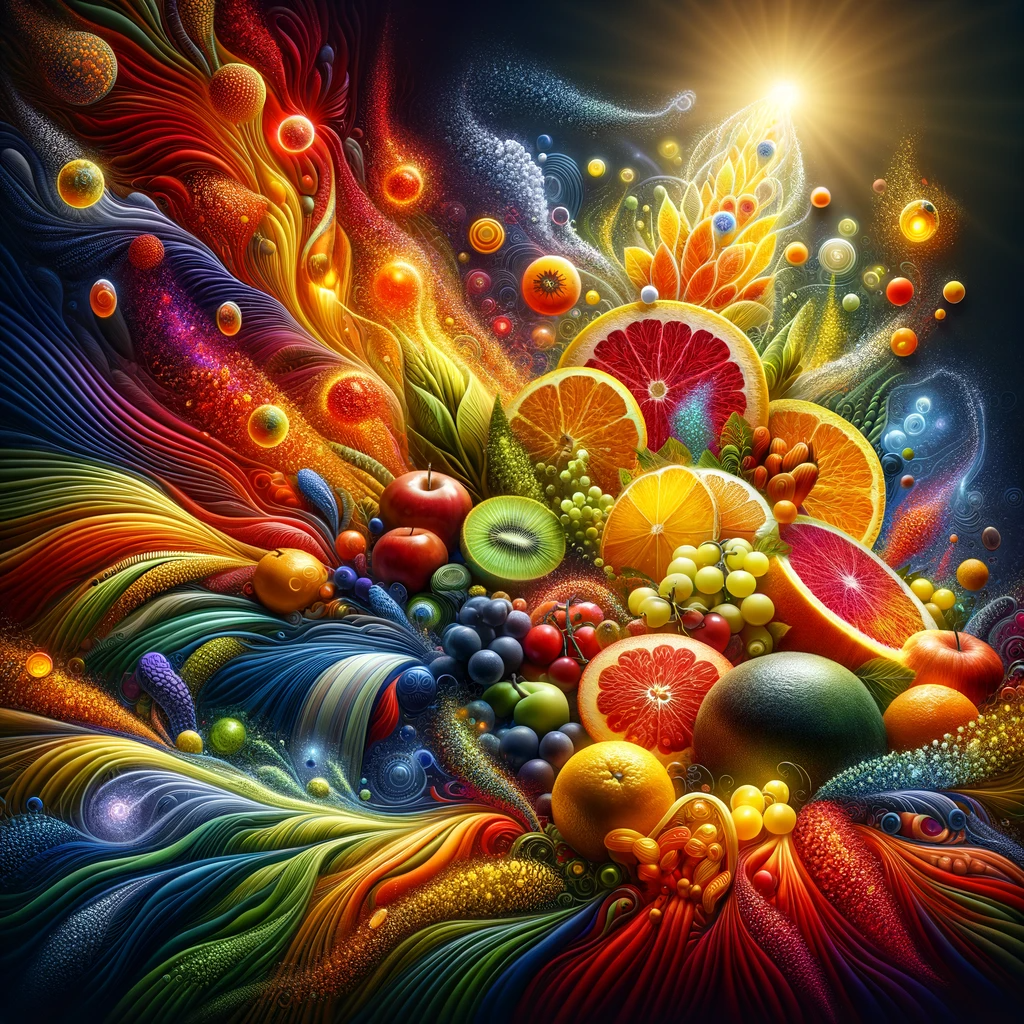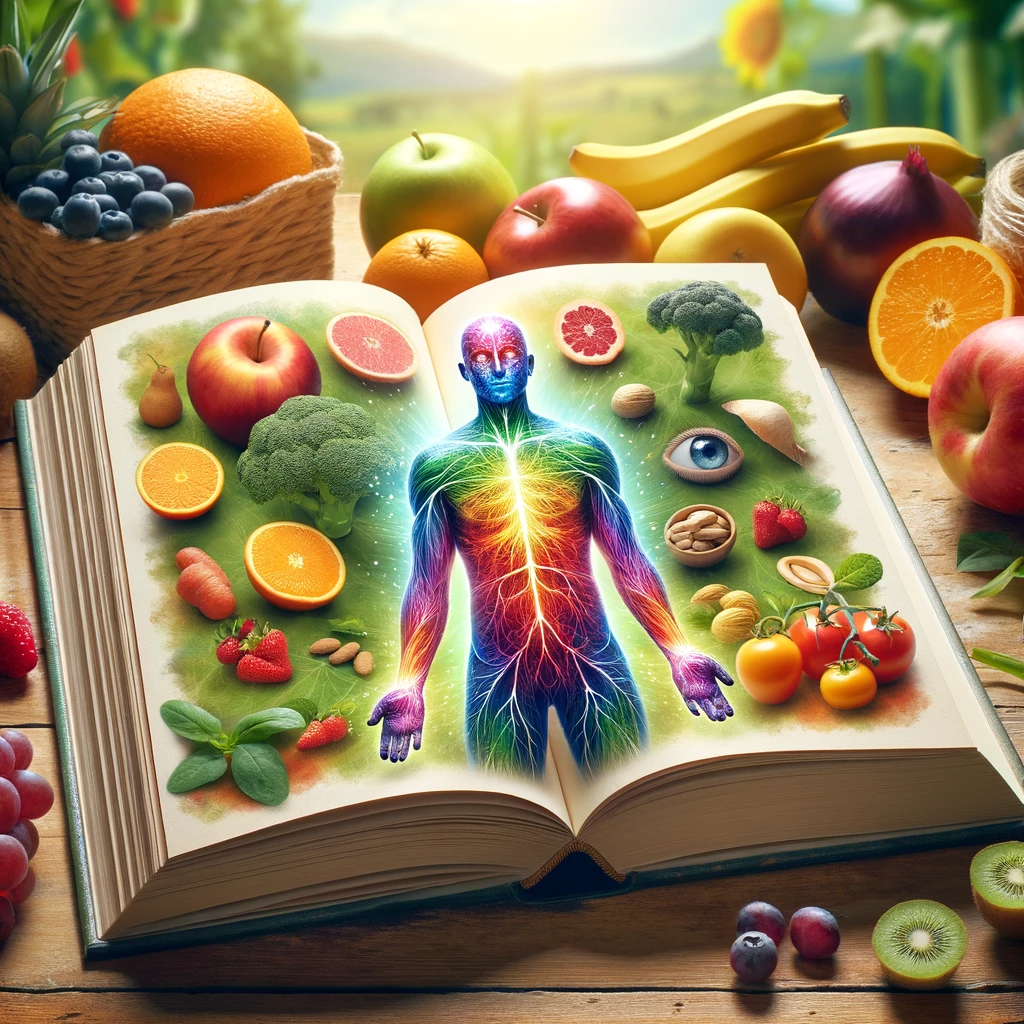Definition
Carotenoids are natural pigments that give fruits and vegetables red, yellow, and orange colours.
Expanded Explanation
Carotenoids are a group of over 600 organic compounds found in plants, algae, and photosynthetic bacteria. They play an essential role in photosynthesis and serve as antioxidants, protecting cells from damage caused by free radicals.
The human body can convert carotenoids into vitamin A, which promotes healthy vision, immunity, and overall growth and development. This conversion process is essential for maintaining good health. Additionally, carotenoids are found in many fruits and vegetables, making incorporating them into a healthy diet easy.
Types of Carotenoids
The most common carotenoids include beta-carotene, alpha-carotene, lutein, zeaxanthin, and lycopene. These compounds have varying health benefits and can be found in different food sources.
Carotenoids in Skincare
Carotenoids have antioxidant properties that can benefit the skin by neutralizing free radicals, reducing inflammation, and protecting against UV damage. Some skincare products incorporate carotenoid-rich ingredients to promote skin health.
Examples
Example 1: Beta-carotene, a carotenoid found in carrots and sweet potatoes, supports healthy vision and immune function.
Example 2: Lycopene, a carotenoid in tomatoes, offers antioxidant benefits and helps protect the skin from sun damage.
Related Terms
Vitamin A: Vitamin A encompasses a group of fat-soluble compounds crucial for maintaining healthy skin, vision, immune system function, and overall growth and development. It is vital in various biological processes, such as cell growth, vision, and immune function.
It has antioxidant properties that help safeguard cells from damage caused by free radicals. There are two primary types of Vitamin A: Retinol and carotenoids.
Retinol, the preformed Vitamin A, is found in animal-based foods like liver, eggs, and dairy products. In contrast, carotenoids and provitamin A are abundant in plant-based foods such as carrots, spinach, and sweet potatoes.
Antioxidants: Antioxidants neutralize free radicals, protecting the skin and body from oxidative stress. This stress can cause cell damage, inflammation, and aging. Maintaining overall skin health and a youthful appearance requires antioxidants to combat the harmful effects of free radicals.
These unstable molecules can cause cell damage, premature aging, inflammation, and other skin issues. Various natural sources contain antioxidants, including fruits, vegetables, and certain skincare products.
Visual Aids
External Resources
Carotenoids: Linus Pauling Institute: Carotenoids, synthesized by plants, are pigments that impart yellow, orange, and red colours. Standard in the North American diet include α-carotene, β-carotene, β-cryptoxanthin, lutein, zeaxanthin, and lycopene.
Notably, the body can convert provitamin A carotenoids like α-carotene, β-carotene, and β-cryptoxanthin into retinol (vitamin A). However, lutein, zeaxanthin, and lycopene do not provide vitamin A activity.
Carotenoids: National Institutes of Health (NIH): The human diet includes two primary sources of vitamin A: preformed vitamin A (retinol and retinyl esters) and provitamin A carotenoids. Animal-based foods like dairy products, eggs, fish, and organ meats contain preformed vitamin A.
Provitamin A carotenoids plant pigments, are converted into vitamin A in the intestine. The primary provitamin A carotenoids in the human diet are beta-carotene, alpha-carotene, and beta-cryptoxanthin. Other carotenoids like lycopene, lutein, and zeaxanthin, present in food, do not convert into vitamin A and have different biological activities.
Related Articles
7 Antioxidant Foods For Glowing Skin: The post “7 Antioxidant Foods For Glowing Skin” on Sunny Days Go emphasizes the crucial role of antioxidants in maintaining healthy, radiant skin. Antioxidants protect the skin from free radicals, boost collagen production, and reduce inflammation.
To achieve and keep healthy skin, consume antioxidant-rich foods. Many skincare products incorporate foods such as blueberries, spinach, and nuts. Including these foods in your diet can help you look more youthful. You can include berries, leafy greens, and nuts in your meals.
Additionally, consuming foods rich in antioxidants and vitamins can also be beneficial. Furthermore, drinking plenty of water and reducing your intake of processed foods can contribute to a healthier and more youthful-looking complexion.
How to Choose the Right Antioxidant Serum for Your Skin Type: The article “How to Choose the Right Antioxidant Serum for Your Skin Type” from Sunny Days Go highlights the importance of selecting an appropriate antioxidant serum for specific skin types to achieve optimal benefits.
It guides readers through understanding their skin type, the benefits of antioxidant serums, and factors to consider when choosing the suitable serum. The conclusion emphasizes the importance of selecting a serum that aligns with one’s skin type for healthier and more radiant skin, suggesting that the suitable serum can significantly enhance one’s skincare routine.


